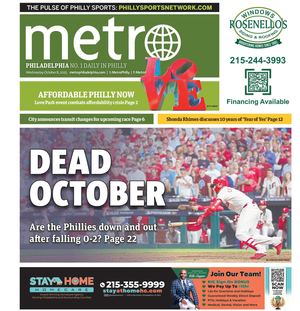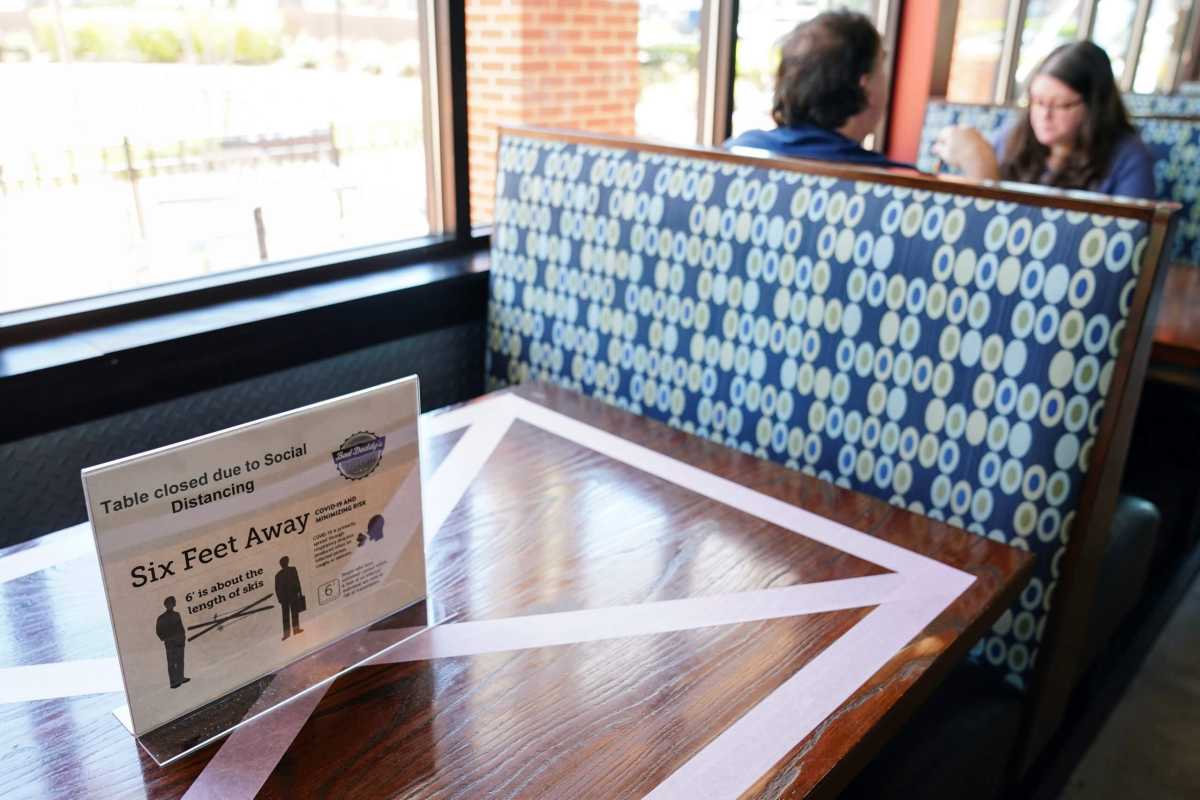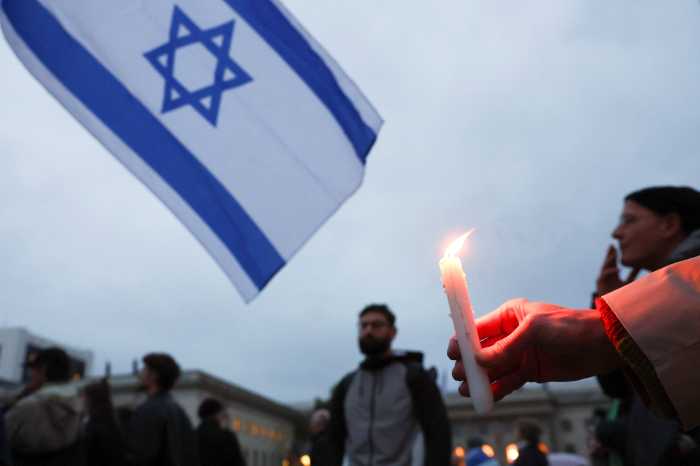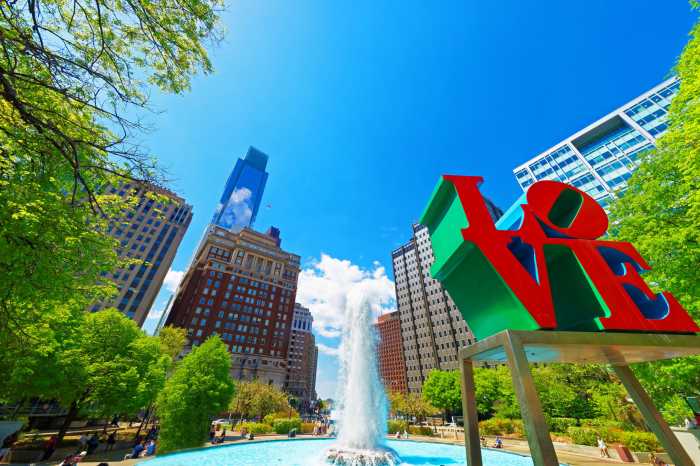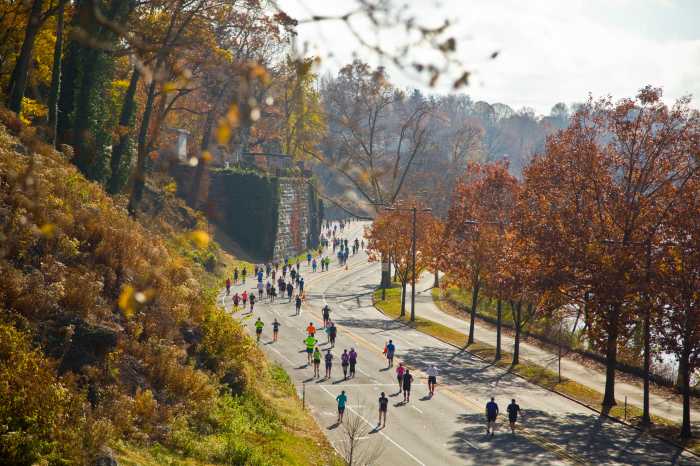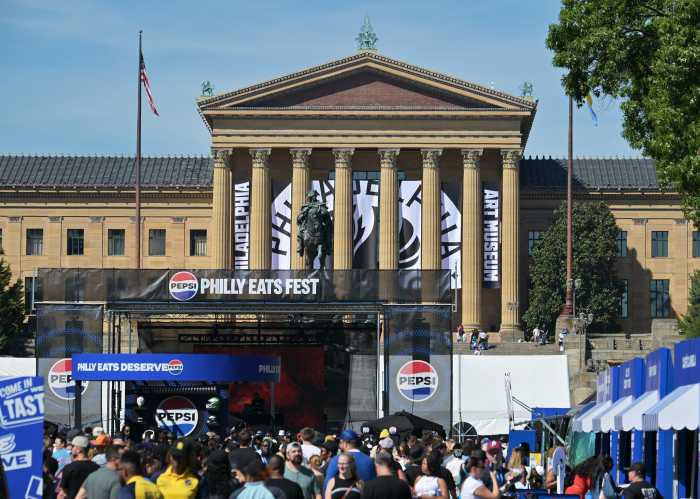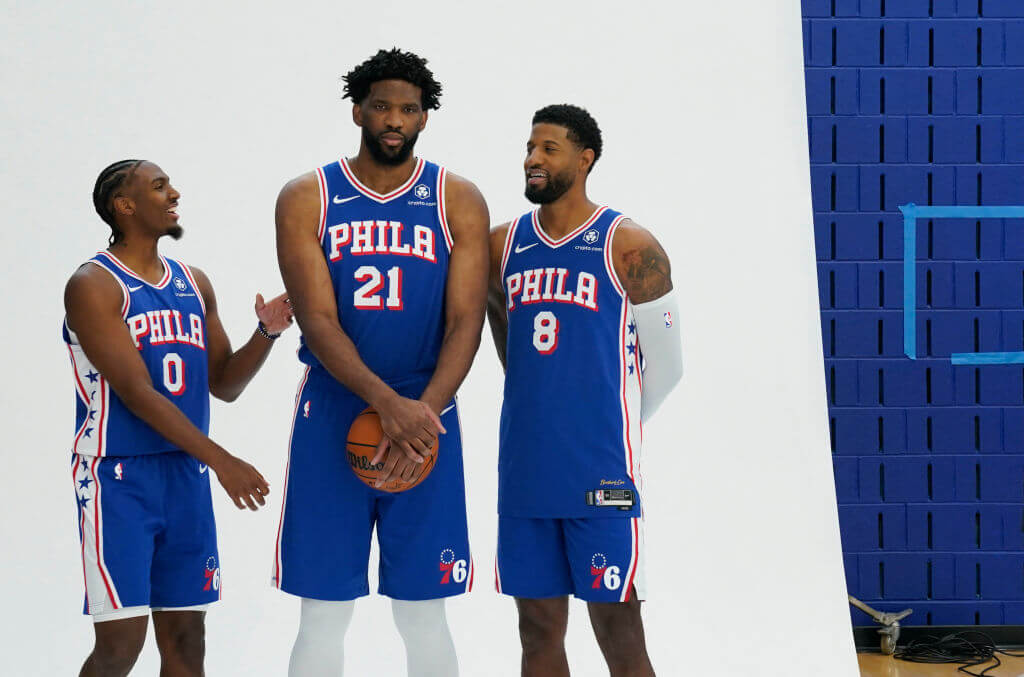Philadelphia restaurants are permitted to open their doors to customers, for the first time in nearly six months.
The city’s ban on indoor dining was lifted Tuesday, on the same day that Gov. Tom Wolf announced that restaurants will be able to expand their capacity later this month.
Eateries in the city, and across Pennsylvania, are currently allowed to reopen indoor dining at 25% capacity. That will be upped to 50% on Sept. 21, Wolf said.
Health Commissioner Thomas Farley said officials are still reviewing the change and have not yet made a decision on whether the policy will be implemented in Philadelphia. The city has tended to impose stricter COVID-19 protocols than the state.
“The restaurants in Philadelphia should not assume that we will just follow the governor’s change here in the city,” Farley said at an afternoon press briefing.
For right now, managers must abide by a number of protocols, including spacing tables so diners are at least 6 feet apart; limiting tables to a maximum of four people; and serving alcohol only when a meal is ordered.
In addition, servers are required to wear masks and face shields, and restaurants must close at midnight, with a last call at 11 p.m.
Farley said health department staff will be visiting restaurants to educate managers on the rules, and inspectors will be enforcing the protocols.
“I hope this will, at least in some small way, begin to ease the economic impact on our great restaurant industry,” said Mayor Jim Kenney, who drew flak late last month after being pictured eating inside a restaurant in Maryland.
The Philadelphia Parking Authority began offering a special deal Tuesday at six of its Center City garages to encourage residents to patronize local restaurants.
Drivers can utilize the garages for up to four hours at a flat rate of $7 after 5 p.m. The offer expires Nov. 30.
Officials reported 43 additional coronavirus cases Tuesday in Philadelphia and no new deaths.
The weekly average stands at 109 new cases a day, about on par with the prior week’s 108. The positive test rate rose slightly, to 4.2%.
Farley said the outbreak at Temple University, which led school leaders to suspend in-person classes, is waning. About 150 students were tested each day over the Labor Day weekend, and fewer were testing positive, he said.
“So far there’s no evidence of spread from the Temple University population to other populations in the city,” Farley added. “That’s a very good thing.”
There were 283 active COVID-19 cases at Temple as of Tuesday afternoon, according to data provided by the university.
In other coronavirus-related news, the city on Tuesday opened its first round of Access Centers, places where working parents can drop off their children for supervised online learning.
Registration is required, and, so far, more than 600 families have signed up for the free program. There are 31 centers, mostly recreation centers and libraries, operating now, with plans to open 46 more on Sept. 21.
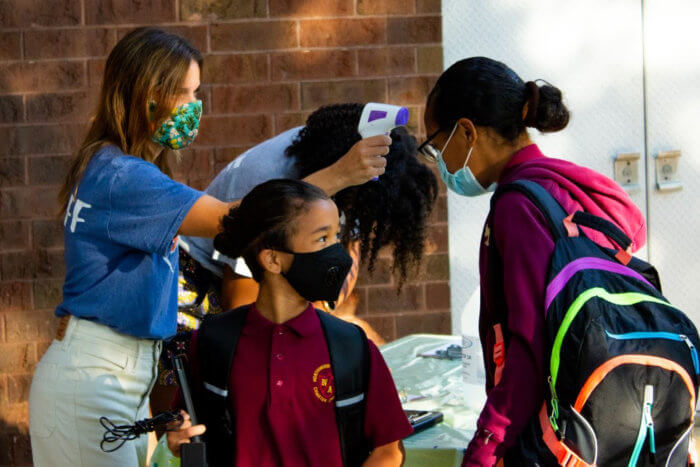
Deputy Mayor Cynthia Figueroa said the first phase is at capacity. Parents and caregivers still have time to register for the second round, but officials expect enrollment to be full by the end of the week.
Priority is given to working parents who cannot afford childcare. For more information, go to www.phila.gov/accesscenters.
Some people receiving unemployment benefits in Pennsylvania will notice an extra $300 a week as early as Monday, state officials said.
The program, called Lost Wages Assistance, is open to anyone who is unemployed or underemployed due to the coronavirus pandemic. People already receiving benefits can go to www.uc.pa.gov/cert, log in and click on “complete LWA certification.”
Payments will be distributed retroactive to Aug. 1, and those receiving benefits will get a lump sum for past weeks.
The program will run through December or until Pennsylvania’s federal $1.5 billion allocation is spent. LWA was established by President Donald Trump after an earlier benefit, providing an additional $600 a week, expired in July.
